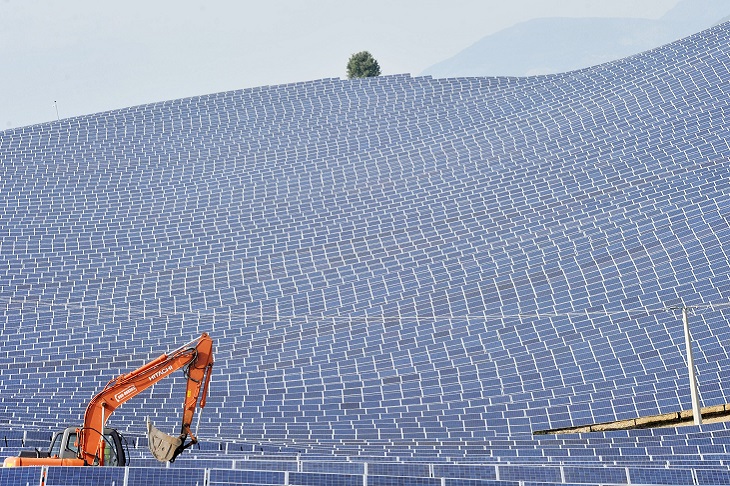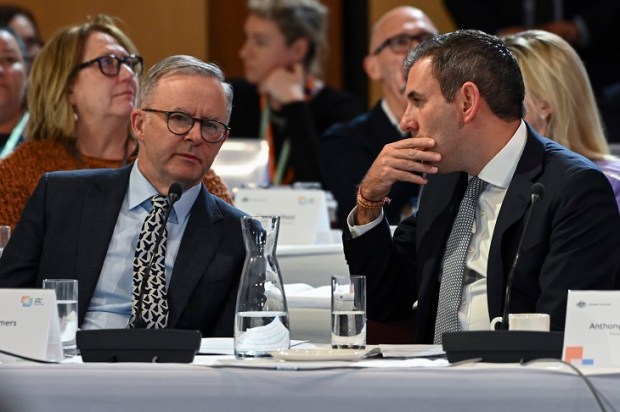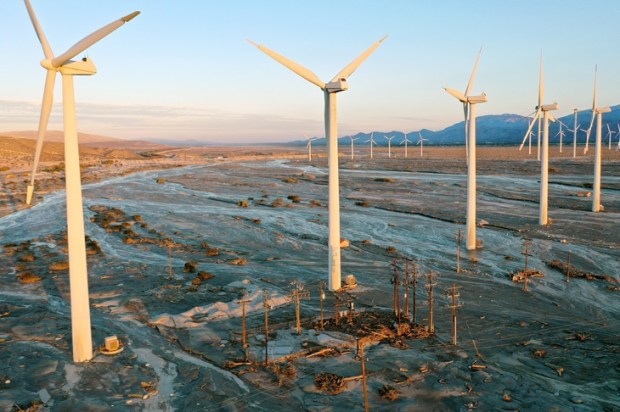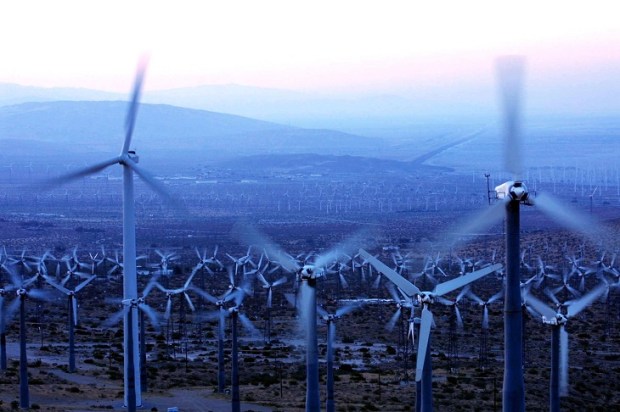There is a saying that revolutionary ideas are first heretical, then they become interesting and controversial, until suddenly they are old hat. Or as Rowan Dean put it, ‘Today’s denounced conspiracy is tomorrow’s undisputed truth.’
So let’s get interesting and controversial about Net Zero.
Net Zero is not necessary, it’s not happening, and it’s not possible until nuclear power is in the mix. In the meantime, why don’t we burn our beautiful black and brown coal that generates the cheapest power in the world?
The push for Net Zero is driven by two propositions. The first is that the increase in global temperatures has to be kept below 1.5 or at most 2 degrees Celsius, and the second is that this warming is being driven by human activities that produce emissions of (mostly) CO2.
From there, everything follows down the chain of Net Zero policies to reduce the production of airborne plant food and a few other things, like animal farts.
What if we test the foundational assumptions? Among critical rationalists inspired by Karl Popper and Bill Bartley, this is called ‘the check on the problem’. Essentially, this check is undertaken to confirm the problem is real and alternative responses (including doing nothing) are on the table for cost-benefit analysis and due diligence.
We want to avoid the process that Roger James observed when the postwar British Labor government was building a New Jerusalem by central planning.
James coined the term ‘solutioneering’ for the process of jumping straight from a perceived problem, usually described as a crisis, to a solution before investigating the problem (if indeed there is one at all), and exploring a range of possible solutions.
Jumping to a solution before clearly formulating what the problem is (or indeed if there is one at all) or how success or failure are to be judged. Achievement of the solution then becomes the goal; and, when opposition develops, the problem becomes how to get the solution accepted, while the question of how best to solve the original problem, if there was one, never gets discussed at all. I call this mistake solutioneering
Anticipated benefits are over-estimated, the costs are under-estimated, everything is urgent, time is of the essence, it will cost more later on if it is delayed.
If all else fails, someone might decide to describe the costs as investments in a ‘glorious future’.
This process is now standard procedure for left-wing and conservative administrations, as though Key Performance Indicators are the number of new programs and the pages of legislation and regulations added to the books.
Running a check on the global warming problem and Net Zero solution reveals some concerning realities.
The first question we have to ask is, has the planet been warming?
If the answer is ‘no’, then go on with business as usual.
If ‘yes’, we require the follow up questions of how much has it warmed and is this a problem?
Some will say the planet has warmed by 1.3 degrees over the last 120 years and this has been a good thing. It may have stopped warming already and another degree or two more in the next century will most likely do more good than harm.
So again, if this is the case, the sensible thing for humanity would be to go on with business as usual, including genuine research in the field of climate science.
Others say that this warming period represents an existential threat and, because it’s our fault, the onus is on Australia to do everything we can to reduce our 1 per cent share of the world’s emissions. Never mind what China, India, and the developing nations are doing.
The next question is a no-brainer, knowing that our efforts will make no measurable difference to the climate of the world. (Alan Finkel told us as much when he was the Chief Scientist.)
Why would we spend a single dollar of public money, let alone a trillion, to press on boldly with decarbonisation?
Admittedly, we have produced a lot of remarkable achievements even at this early stage of the long march.
We have doubled, maybe tripled the cost of power with a lot more to come as we rewire the nation.
Billions of dollars of investment have gone offshore (think balance of payments, jobs, tax revenue, local skills development).
Would anyone dare to add up the cost of the new public entities in Canberra and elsewhere to mastermind and supervise and report on our Net Zero strategies? Would anyone count the new state and federal agencies, the special units in universities, or the grants handed out for new initiatives like carbon capture and pumped hydro? Not to mention hydrogen and green aviation fuel…
Look at the work big consultancies have picked up to advise firms across the nation to implement the data collection and reporting systems to satisfy the demands from every regulatory agency to consider ‘climate risks’ and ESG protocols.
All of the above add to the cost of doing business. They undermine the productivity of the private sector which is the goose that lays the golden tax eggs to pay the bills for government spending.
And there is more. We have seen the corruption of scientific research. The trashing of education from kindergarten to Year 12 and beyond. Then we have the travesty of reporting standards by stenographers and commentators in the mainstream media, especially in the public broadcaster. All this comes as the public starts to lose faith in the CSIRO and Bureau of Meteorology.
Is there any need to go on? All we can do is look forward to the time when everyone says ‘we were always climate and energy realists’.
Got something to add? Join the discussion and comment below.
Get 10 issues for just $10
Subscribe to The Spectator Australia today for the next 10 magazine issues, plus full online access, for just $10.


























Comments
Don't miss out
Join the conversation with other Spectator Australia readers. Subscribe to leave a comment.
SUBSCRIBEAlready a subscriber? Log in